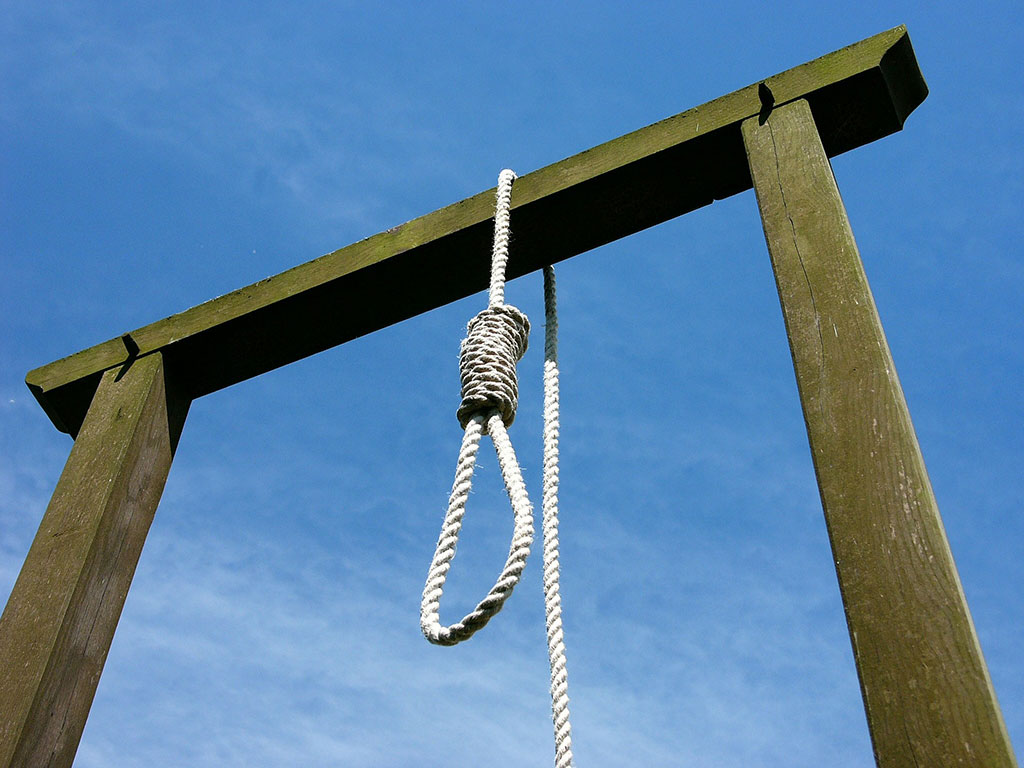FCC sets April 23 kill date for net neutrality rules
Dead rules walking.

Internet service providers and wireless carriers are still bound by net neutrality rules, but only for two more months. That's because the Federal Communications Commission cut through the last bit of red tape today by publishing the repeal of net neutrality rules in the Federal Register (PDF). Now all that is left to do is wait.
Publishing the final notice kicks off a 60-day waiting period, with the effective date for the repeal set for April 23. At that point, ISPs and wireless carriers will no longer have to adhere to net neutrality rules that were put in place under the previous administration.
The repeal clears the way for ISPs and wireless carriers to treat internet traffic however they wish, for the most part. Under the current rules, ISPs must treat all online content the same and are not allowed to block or throttle traffic in most cases. With the repeal, ISPs will be allowed to prioritize traffic and create paid so-called 'fast lanes' for companies that are willing to pay more to deliver their content quicker.
How this all shakes out remains to be seen. Those who oppose the repeal and support net neutrality fear that ISPs will abuse their power. An ISP could, for example, give their own video streaming service all the bandwidth it requires while throttling streaming video from competitors. It could also effect PC gaming in the long run, for reasons we lay out here.
The other side of the argument is that the market will work itself out, and that there would be a backlash from customers if an ISP abused its power. Unfortunately, there are many areas around the country where customers have limited choices when it comes to choosing a broadband provider.
Opponents of net neutrality also claim that existing rules stifle innovation and prevent ISPs from investing in network upgrades.
Publishing the repeal is expected to spark additional lawsuits and protests. The effort to reverse the FCC's decision is already underway, though it is an uphill battle. In lieu of reversing the FCC's decision, some states are trying to implement their own net neutrality protections. California has taken the most aggressive approach with a bill that puts restrictions on ISPs at the state level, but there is concern that it would not stand up to legal scrutiny—the FCC's repeal states it preempts state and local measures. Other states, such as New Jersey, have focused on putting restrictions on local agencies from using ISPs that do not adhere to net neutrality rules, rather than trying to regulate the ISPs directly.
Keep up to date with the most important stories and the best deals, as picked by the PC Gamer team.
Paul has been playing PC games and raking his knuckles on computer hardware since the Commodore 64. He does not have any tattoos, but thinks it would be cool to get one that reads LOAD"*",8,1. In his off time, he rides motorcycles and wrestles alligators (only one of those is true).


